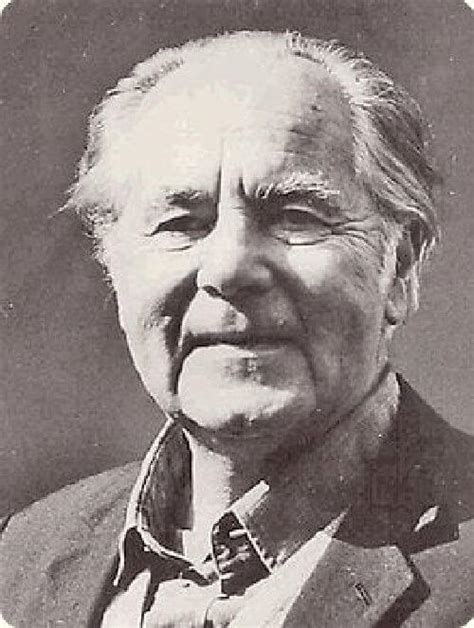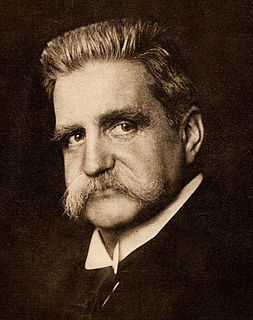A Quote by Albert Einstein
Time and space are modes by which we think and not conditions in which we live.
Quote Topics
Related Quotes
Confusion conditions activity, which conditions consciousness, which conditions embodied personality, which conditions sensory experiences, which conditions impact, which conditions mood, which conditions craving, which conditions clinging, which conditions becoming, which conditions birth, which conditions aging and death.
Whereas I think: I’m lying here in a haystack... The tiny space I occupy is so infinitesimal in comparison with the rest of space, which I don’t occupy and which has no relation to me. And the period of time in which I’m fated to live is so insignificant beside the eternity in which I haven’t existed and won’t exist... And yet in this atom, this mathematical point, blood is circulating, a brain is working, desiring something... What chaos! What a farce!
The prevailing attunement is at any given time the condition of our openness for perceiving and dealing with what we encounter; the pitch at which our existence is vibrating. What we call moods, feelings, affects, emotions, and states are the concrete modes in which the possibilities for being open are fulfilled. They are at the same time the modes in which this perceptive openness can be narrowed, distorted, or closed off.
If the many and the One be indeed the same Reality, then it is not all modes of worship alone, but equally all modes of work, all modes of struggle, all modes of creation, which are paths of realization. No distinction, henceforth, between sacred and secular. To labour is to pray. To conquer is to renounce. Life is itself religion. To have and to hold is as stern a trust as to quit and to avoid.
I sometimes ask myself how it came about that I was the one to develop the theory of relativity. The reason, I think, is that a normal adult never stops to think about problems of space and time. These are things which he has thought about as a child. Bu t my intellectual development was retarded,as a result of which I began to wonder about space and time only when I had already grown up.
In space-time everything which for each of us constitutes the past, the present and the future is given en bloc...Each observer, as his time passes, discovers, so to speak, new slices of space-time which appear to him as successive aspects of the material world, though in reality the ensemble of events constituting space-time exist prior to his knowledge of them.
But as Van casually directed the searchlight of backthought into that maze of the past where the mirror-lined narrow paths not only took different turns, but used different levels (as a mule-drawn cart passes under the arch of a viaduct along which a motor skims by), he found himself tackling, in still vague and idle fashion, the science that was to obsess his mature years - problems of space and time, space versus time, time-twisted space, space as time, time as space - and space breaking away from time, in the final tragic triumph of human cogitation: I am because I die.
Flying has changed how we imagine our planet, which we have seen whole from space, so that even the farthest nations are ecological neighbors. It has changed our ideas about time. When you can gird the earth at 1,000 m.p.h., how can you endure the tardiness of a plumber? Most of all, flying has changed our sense of our body, the personal space in which we live, now elastic and swift. I could be in Bombay for afternoon tea if I wished. My body isn't limited by its own weaknesses; it can rush through space.



































